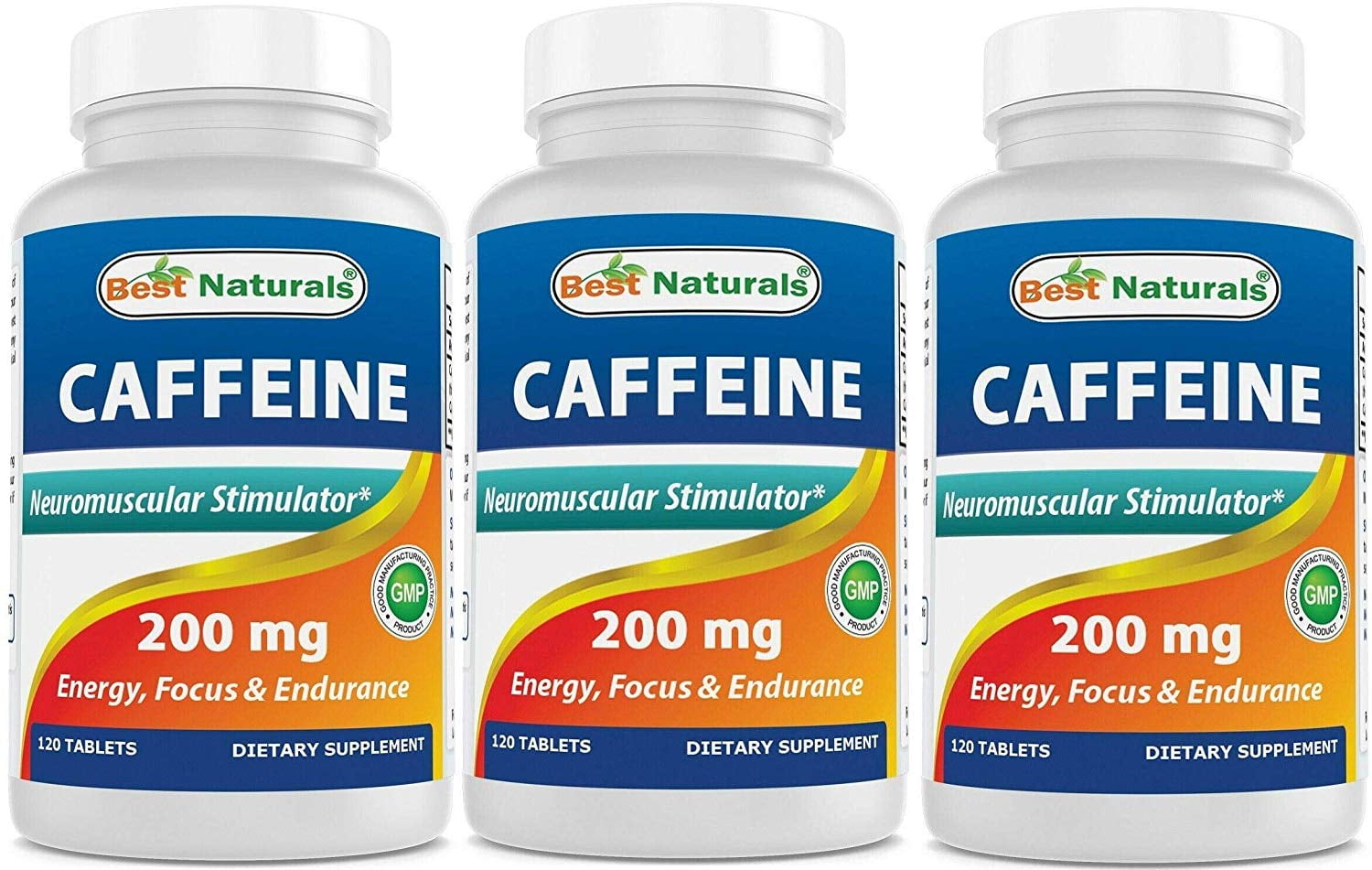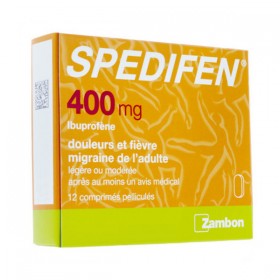


View her profile and schedule an appointment online. Denise Valero is an internal medicine physician with Edward Medical Group. So go ahead and enjoy your morning coffee (and afternoon coffee break). Studies also show that drinking coffee may reduce the risk of several other ailments, such as certain cancers, Parkinson’s disease, type 2 diabetes and liver disease. While it’s not clear exactly how, there’s an extensive body of research linking coffee consumption to a reduced risk for heart-related problems, including heart failure, stroke and coronary artery disease. Interestingly, choosing coffee as your caffeine delivery method may have some health benefits. While you aren’t likely to experience a toxic level of caffeine from too much coffee, the FDA estimates toxic effects, like seizures, can occur with “rapid consumption” of around 1,200 milligrams of caffeine, or 0.15 tablespoons of pure caffeine.ĭrinking too much caffeine can also lead to side effects such as: Many packaged foods and beverages include the amount of caffeine per serving on the nutrition label. The Academy lists the caffeine content of several common beverages: It helps to be aware of how much caffeine your favorite beverage contains. In general, pregnant women and those trying to conceive should avoid caffeine, since all the effects of caffeine during pregnancy are not known. Kids can have trouble sleeping, anxiety, and higher blood pressure and heart rate when they consume too much caffeine. Regardless of personal sensitivity, the Academy of Nutrition and Dietetics recommends limiting caffeine intake in children and avoiding it altogether for kids age 5 and younger. For others, one cup of coffee and they’re jolted into action for hours. For some it takes several cups to perk up. Of course, caffeine affects people differently. The Food and Drug Administration (FDA) says adults can safely consume 400 milligrams of caffeine each day - about the amount in 4 or 5 cups of coffee. It typically takes about 30 minutes to affect someone’s state of mind, but it takes 6 to 10 hours to fully eliminate the caffeine from your body. The caffeine is a natural drug that promotes alertness.

It’s also not unusual to have a second or third cup throughout the day, while you’re working or when meeting a friend for a break. It’s rare to find someone who doesn’t rely on a cup of caffeinated coffee to help them wake up in the morning.


 0 kommentar(er)
0 kommentar(er)
